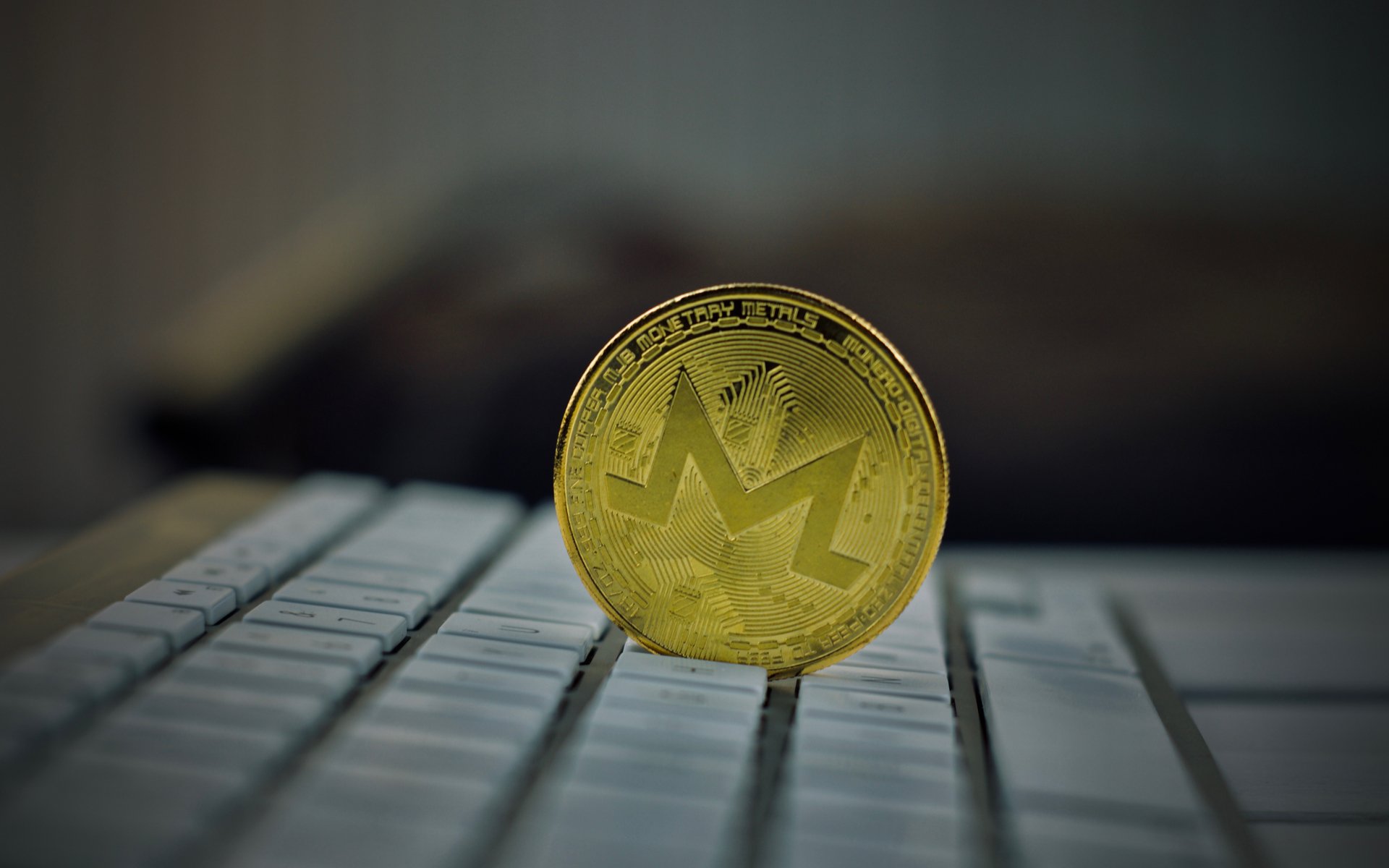Monero (XMR), a privacy-focused cryptocurrency launched in 2014, announced that it has successfully performed a protocol upgrade on March 9, 2019.
Hard Fork Aims to Improve Monero’s Key Features
Monero (XMR) strives to differentiate itself from other cryptocurrencies by focusing on privacy and security. With the aim of enhancing these features, the Monero team has completed a network upgrade — involving about a million updates.
The scheduled protocol upgrade went successfully!
— Monero || #xmr (@monero) March 9, 2019
Specifically, Monero underwent a hard fork at block 1788000 to improve its privacy, security, and ASIC resistance by introducing four key changes to the network. Monero specified these changes as follows:
- First, some changes to the dynamic block size algorithm to fix the big bang attack.
- Second, a third PoW tweak (CryptoNight-R) to curb the ASICs currently present on the network and further preserve ASIC resistance. As a result, miners will have to update their miners (i.e., mining software) as well.
- Third, a dummy encrypted payment ID is now added to each transaction to improve transaction homogeneity.
- Fourth, the development team simplified amount commitments by shrinking the size of amount encodings and using deterministic masks. These changes were deemed safe to apply by the Monero ResearchLab. Additionally, the changes essentially entail the transaction format being upgraded to a v2 format.”
Upon completion of the hard fork, Monero informed its users that, for the next 24-48 hours, they should expect slower block times.

Monero Focus Protecting on User Privacy
Monero’s elaborate built-in privacy protections make it ideal for users wishing to perform payments anonymously. Moreover, Monero claims that its transactions are untraceable. According to Monero website:
Sending and receiving addresses as well as transacted amounts are obfuscated by default. Transactions on the Monero blockchain cannot be linked to a particular user or real-world identity.
For instance, buyers of cannabis might prefer paying in Monero, given that cannabis is legal in Canada, but illegal in most jurisdictions outside Canada. Many see Monero as the most suitable currency for cannabis purchases in Canada.
How do you think the implementation of the hard fork will affect Monero’s adoption rate? Don’t hesitate to let us know in the comments below!
Images courtesy of Twitter/@Monero, Shutterstock.












